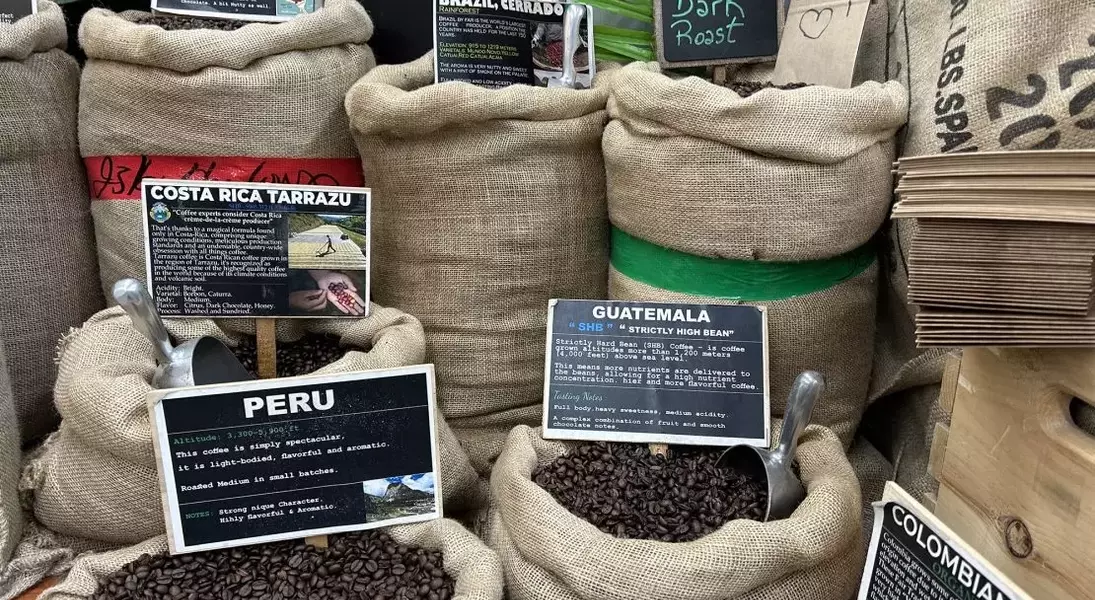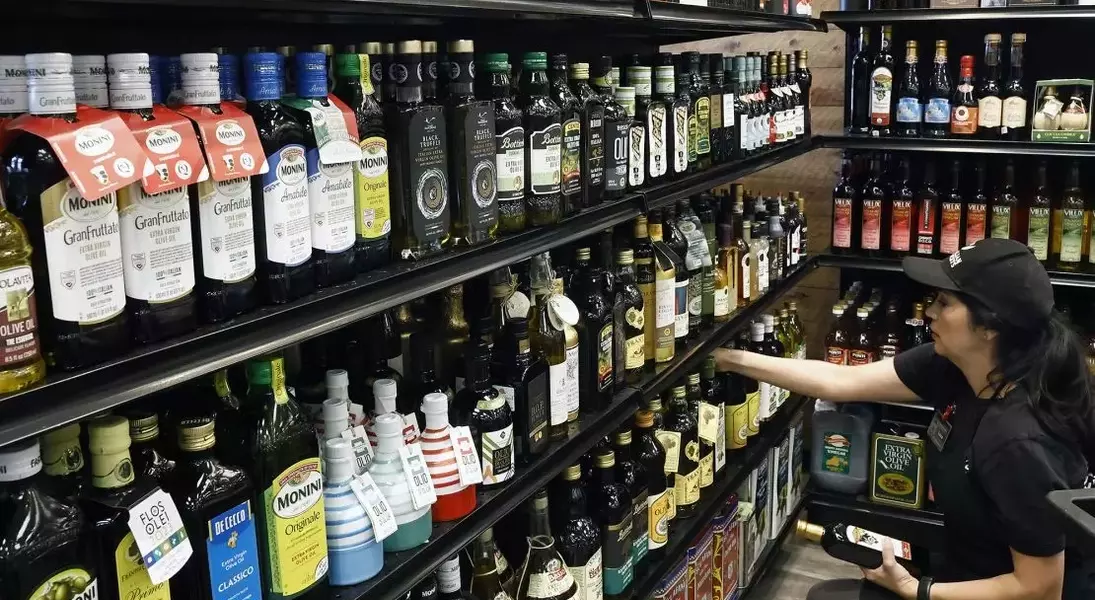



A recent announcement by President Donald Trump has introduced sweeping tariffs on numerous countries, significantly impacting American grocery prices. Supermarket executives and food industry experts warn that these policies will lead to higher costs for consumers. With a 10% tariff imposed last Saturday and reciprocal tariffs affecting 60 nations today, US businesses importing goods will bear additional expenses, which will eventually trickle down to shoppers. Items expected to see price hikes include seafood, coffee, fruits, cheese, nuts, candy bars, and more. The effects of these tariffs are anticipated within weeks, with perishable goods being affected first.
The global supply chain intricately connects the United States with international markets, making certain products impossible to replicate domestically due to climate and crop conditions. For instance, around 80% of seafood and coffee consumed in America are imported. Smaller grocery stores may experience faster price increases compared to larger chains like Walmart and Costco, as they have less flexibility to absorb higher costs. Additionally, small distributors tend to react more swiftly to tariff changes, leading to immediate price adjustments.
Randy Arceneaux, CEO of Affiliated Foods, reports that some suppliers have already notified the company of impending price rises due to tariffs. For example, bananas sourced from Guatemala face a 10% price increase next week, raising costs by 4 cents per banana case. This change will be passed directly to consumers. Moreover, while Mexico and Canada were excluded from the latest tariff list, existing trade agreements under the USMCA still exempt most agricultural products from tariffs, potentially limiting further price surges.
In response to rising grocery prices since 2021, many shoppers are adjusting their spending habits. PepsiCo noted a 3% decline in snack purchases last quarter, reflecting growing budget consciousness among consumers. Market research firm Circana highlights a slowdown in household staples like dish detergent and paper towels. Shoppers are increasingly opting for smaller trips and switching to cheaper private-label brands, indicating a cautious approach to spending. Despite this, consumer willingness to spend remains, albeit selectively.
As the impact of these tariffs unfolds, it is evident that lower-income households will bear the brunt of increased grocery costs. Experts predict an overall rise in food prices by 2.8%, with fresh produce seeing a 4% increase. While some relief may come from exemptions in key trade agreements, the broader implications of these tariffs could reshape shopping behaviors and strain family budgets across the nation.
